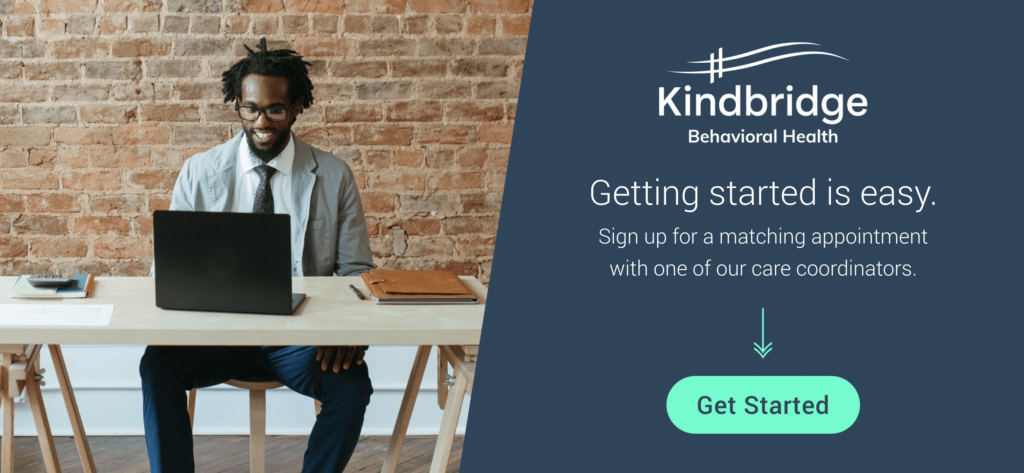At 18, I placed my first bet in a casino. That’s when the gambling addiction started. After spending my first year of college gambling and not going to class, I was academically dismissed. Alarms should have been going off everywhere around me at that point. Maybe they were but I didn’t notice them. I then moved back home with my parents, where I continued to work and gamble. I was fired from my job because I was always showing up late…because I was tired…from all the late nights spent gambling. I hit some real lows at that point. I stole money from my grandfather to gamble with. He never found out and then he died. I took my drunken friend’s ATM card from his wallet and took money out of his account to gamble with. I told partners in relationships I was busy, but I wasn’t…I was gambling.
At 24 my best friend told me I had a gambling addiction. When that sunk in it hit pretty hard. So, I decided to attend my first Gamblers Anonymous meeting. I was embarrassed and immediately stopped going. At 26 I decided I’d give it another shot, so I attended my 2nd GA meeting. I then went two-and-a-half years without placing a bet. But I got complacent in my recovery and stopped going to meetings… and then I gambled. They call that a relapse. I started using payday loans to fund my gambling after having gambled away everything that was in my bank account. Payday loans are dangerous. This led to an increase in headaches that needed dealing with that had begun to overrun my life.
I was in a cycle I could not escape so I started working 96 hours a week at three different hourly jobs to cover the gambling debt and pay-day loans. I thought filling all my time with activity will solve my problem. Wrong, I took my small window of free time and drank too much and flipped my car over on the highway going 70mph. I was thrown out of the vehicle. Later that month I moved in with my parents at the age of 29…again. I was embarrassed, broke, and broken. I attended mandated therapy as a result of the car accident. My counselor told me I did not have a drinking problem (I knew that), I was told I had a gambling addiction (I knew that too), and that she was trained in gambling disorder. It was there I figured out how beneficial therapy is. Getting to talk about my thoughts, without judgment, was huge for me figuring out why I was harming myself though gambling. The money would come back if I abstained from gambling, but I needed to heal my brain. Things got better.
Then, my dad died suddenly from an aortic dissection. The day he died I attended a meeting. I knew I needed to talk and I was very aware that I could easily gamble. The pain must be numbed… or dealt with. I figured I would deal with his loss, and I did, for a time… and then I gambled. I moved from Michigan to California and stopped at two casinos on the way.
I attended a GA meeting in my first week in California. But, by my third month I was driving the four hours from Los Angeles to Las Vegas. I gambled in Vegas four more times. On the last trip I did insurmountable damage to myself financially, and I forfeited the goals of moving to California. As I drove out of Las Vegas for the last time I called my best friend Chris, who was the only person to tell me I had a gambling addiction. Chris offered comfort and a kind ear to listen to my troubles. Mentally, I was in a painful place. I needed to be heard by someone and I needed someone to tell me everything was going to be okay.
Six months later Chris and I started All In: The Addicted Gambler’s Podcast. Chris was my personal therapist. The podcast started out as a way for me to share my story and talk about my gambling with a familiar face. The podcast has now grown to over 150 episodes with interviews of other disordered gamblers and those professionals helping the addicted gambler. I want people to listen and learn from those who know and to understand that they can have a better life without gambling. TALKING HELPS. It really does. Which is why it is important that everyone be made aware of the resources that are available to them when they need help.
Part of the battle is finding the right resources to help when it’s so desperately needed. Getting the right information out to the audience is how I make sure that people have more information than I did when I first realized that I had a gambling addiction. Making them aware of what’s happening in the gambling recovery communities and how to access projects like Kindbridge, gives me the opportunity to pass on what I have learned along my journey.
Let recovery set you free.


